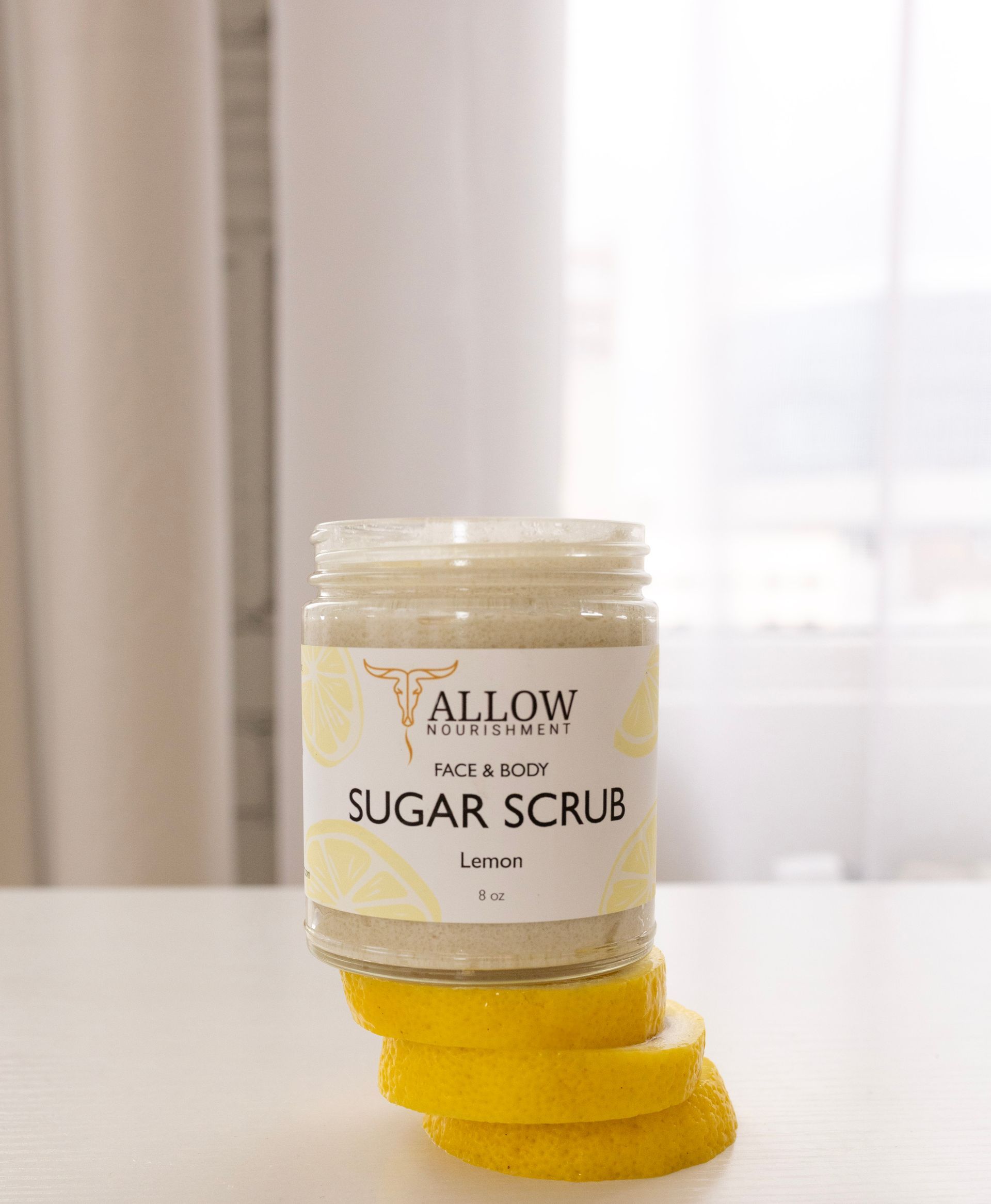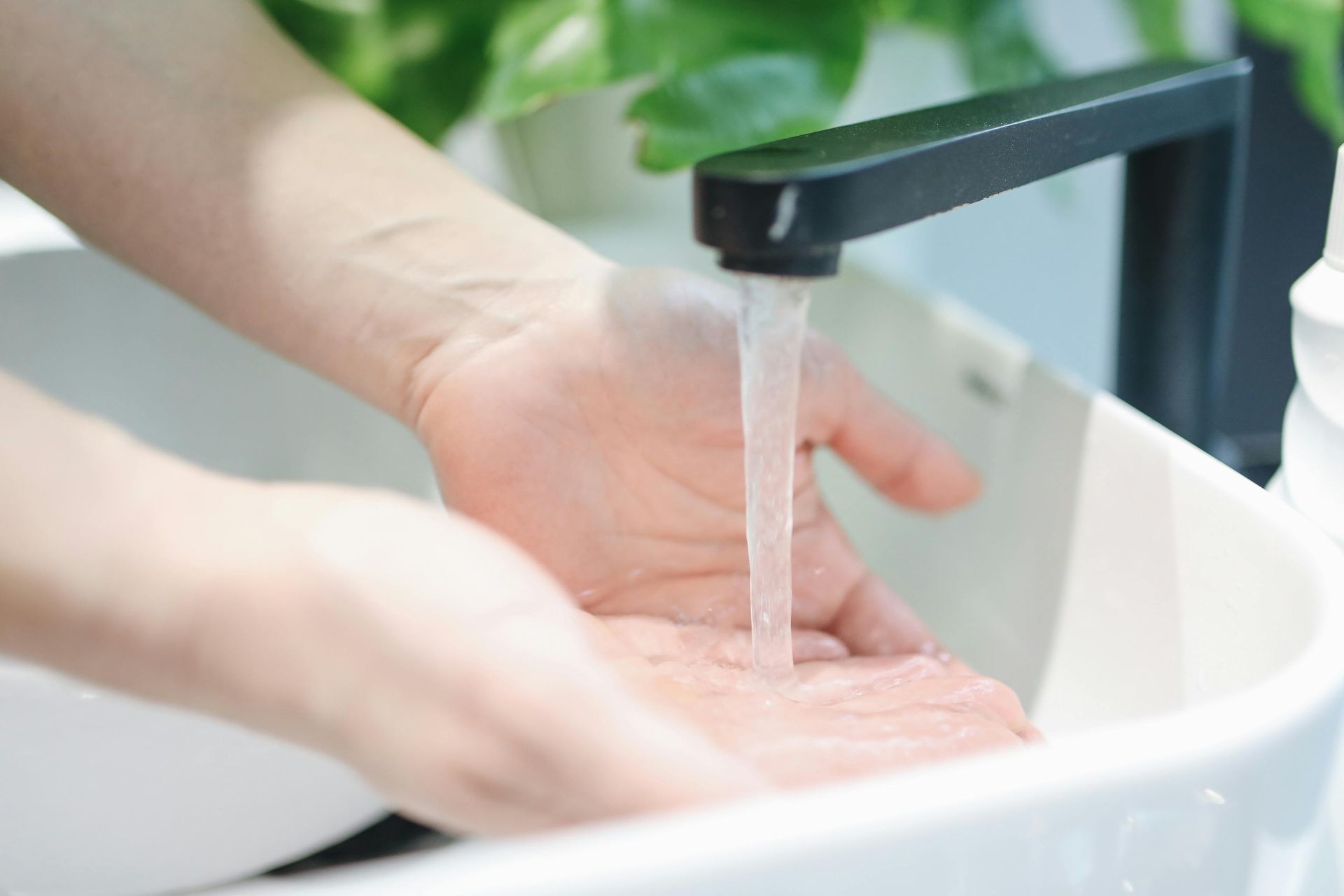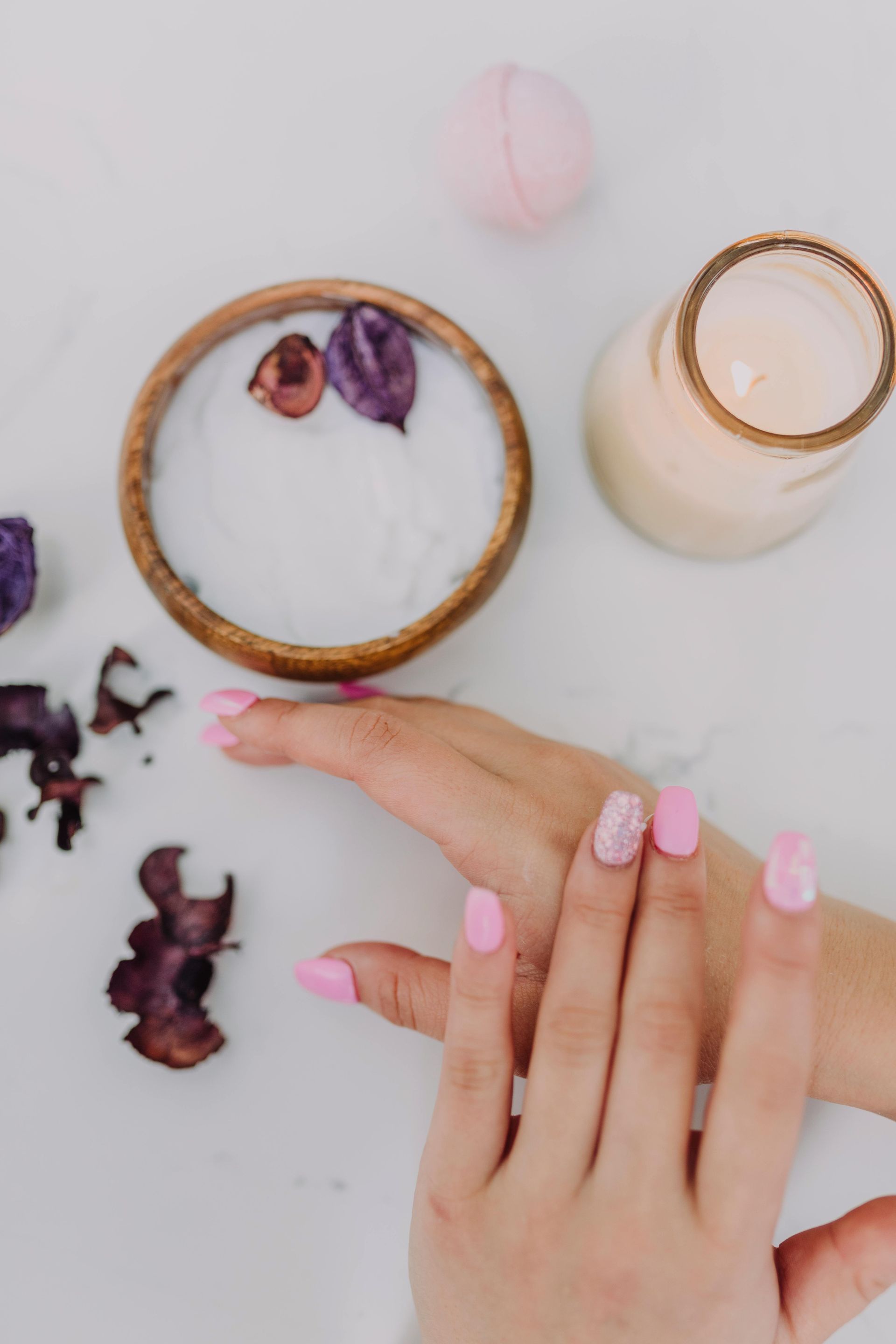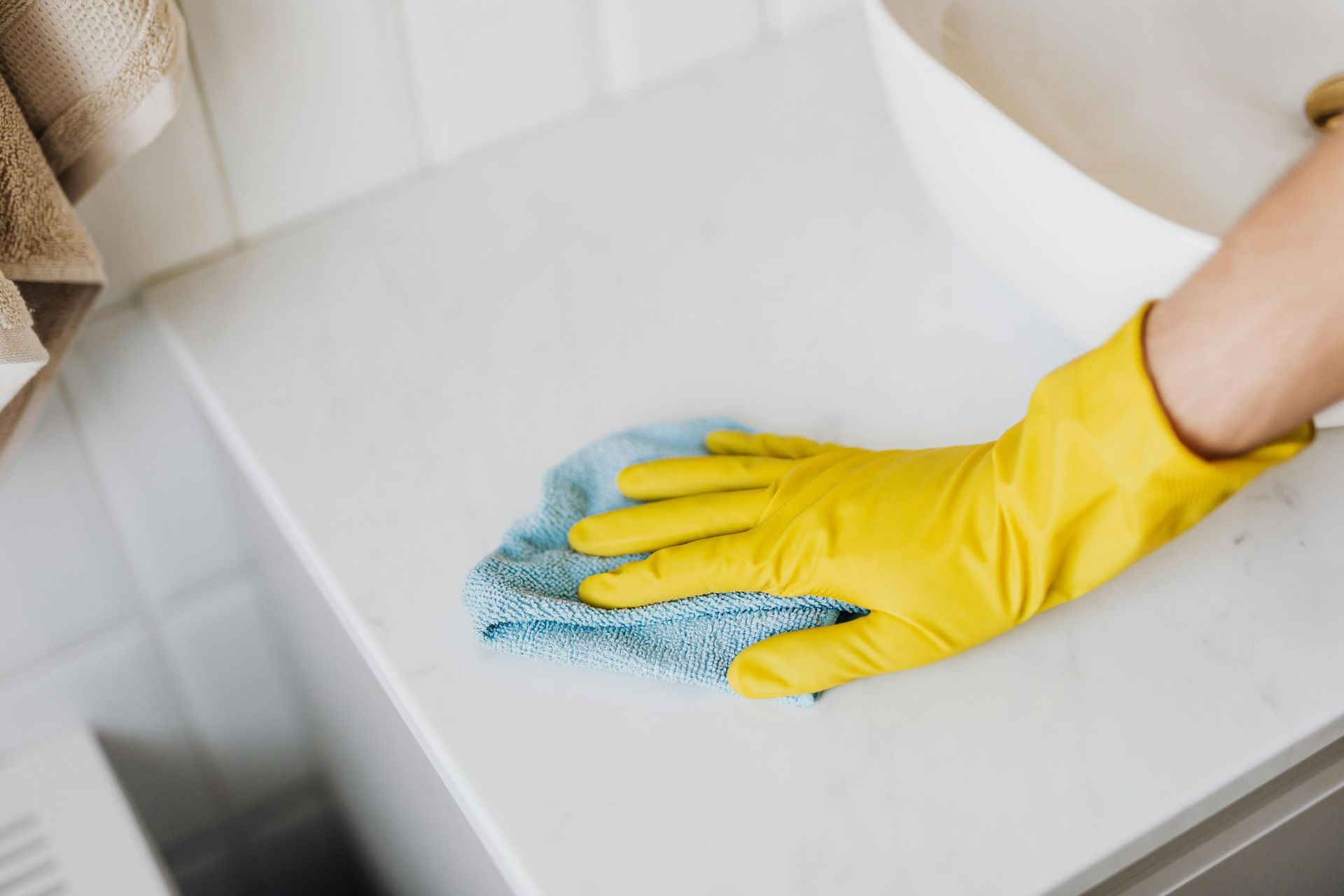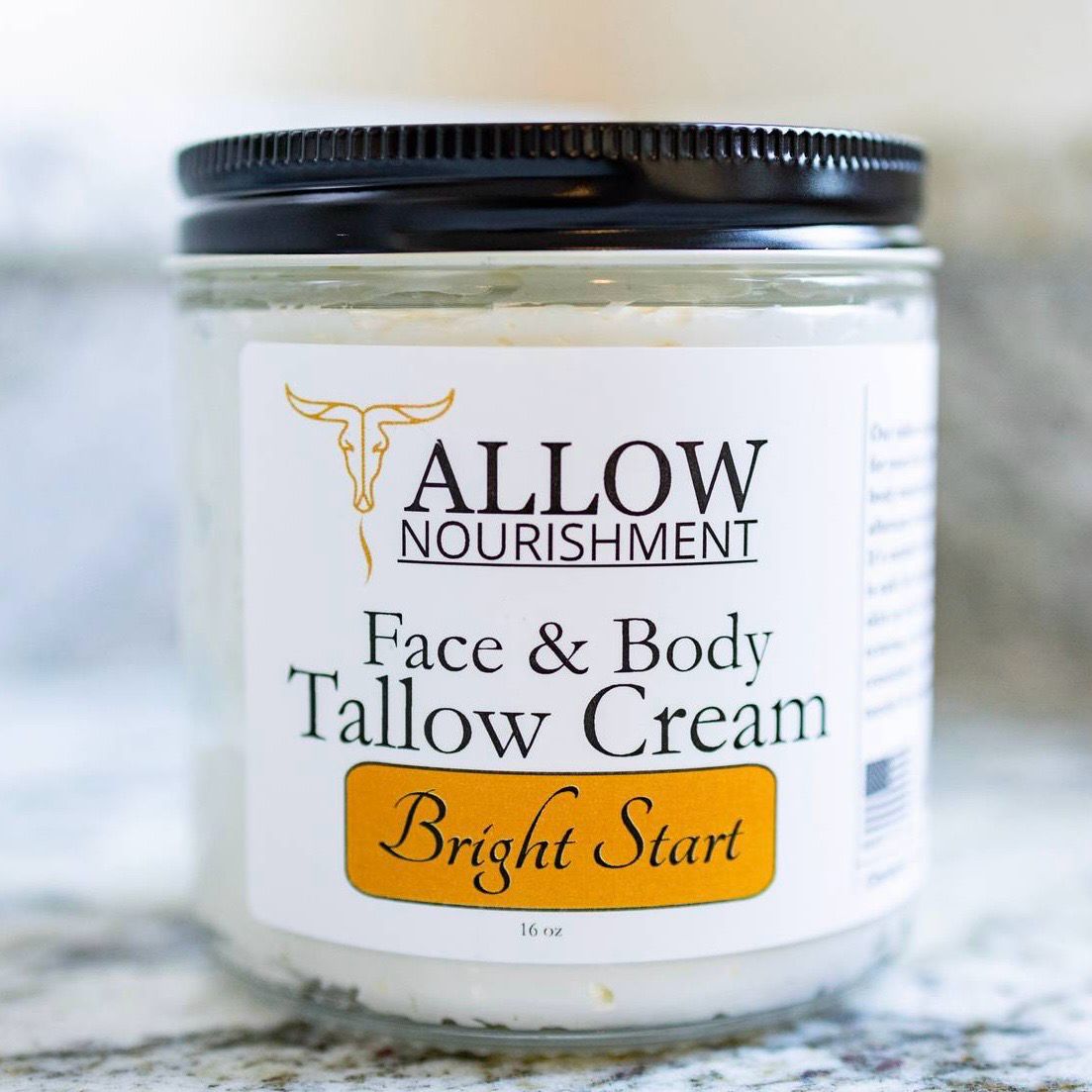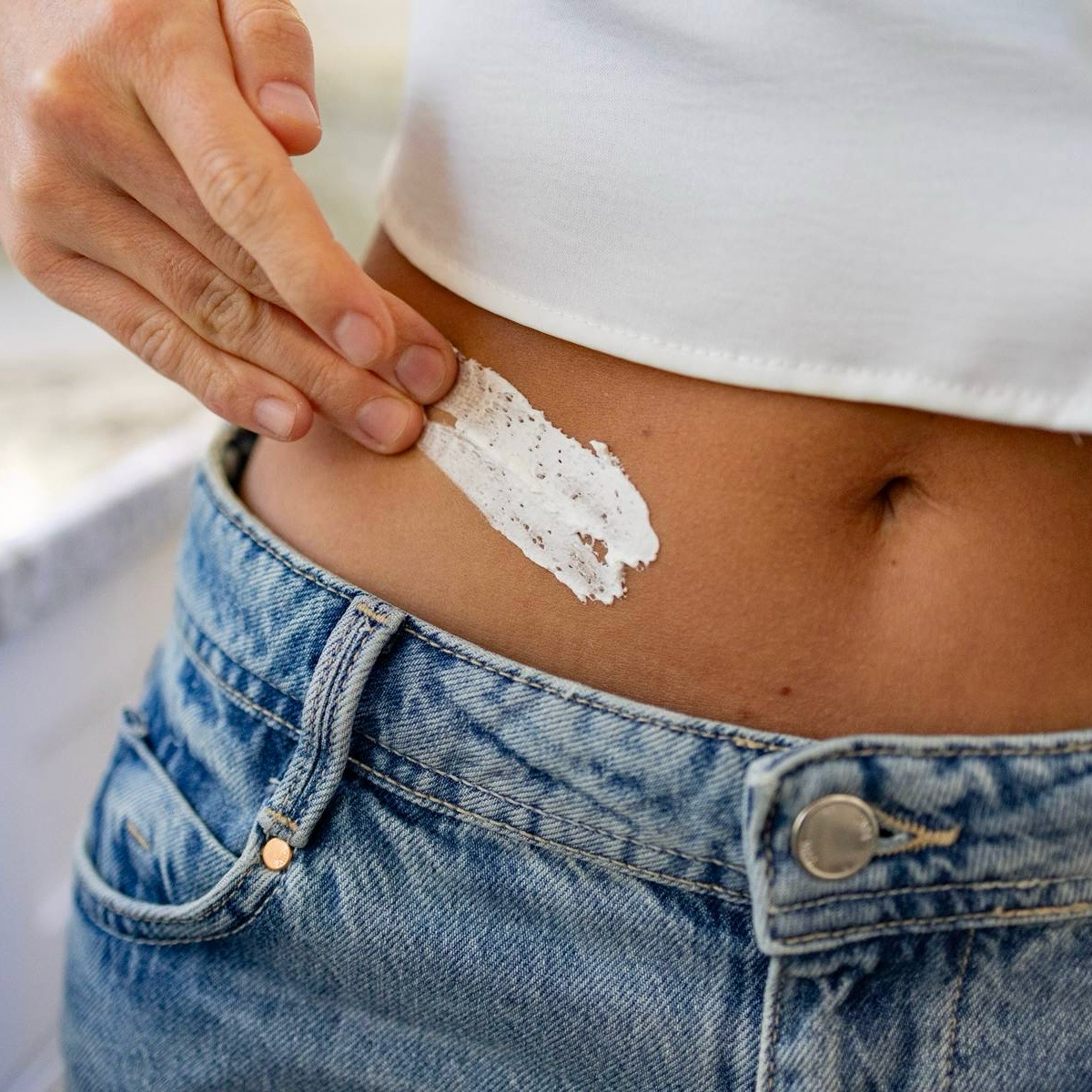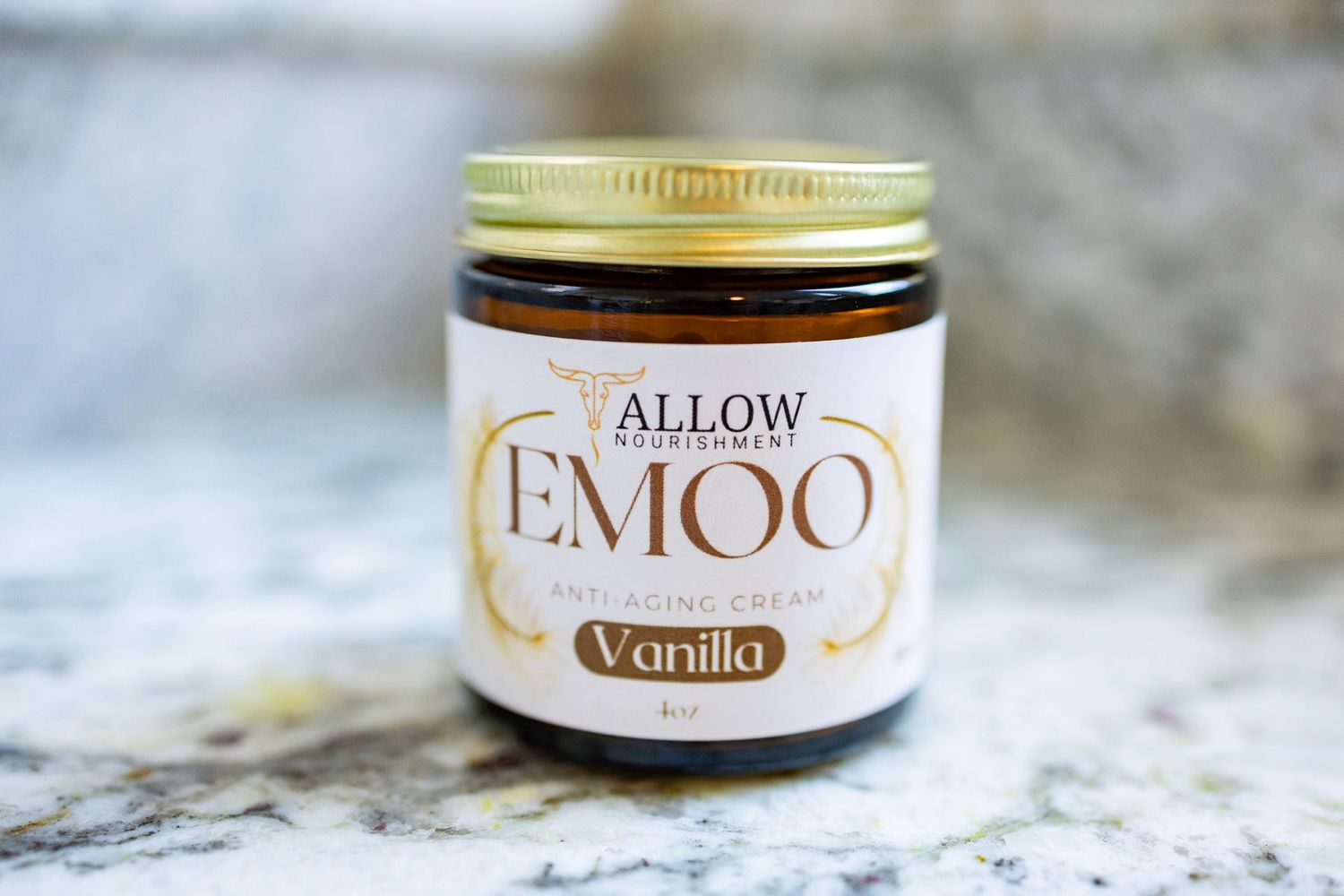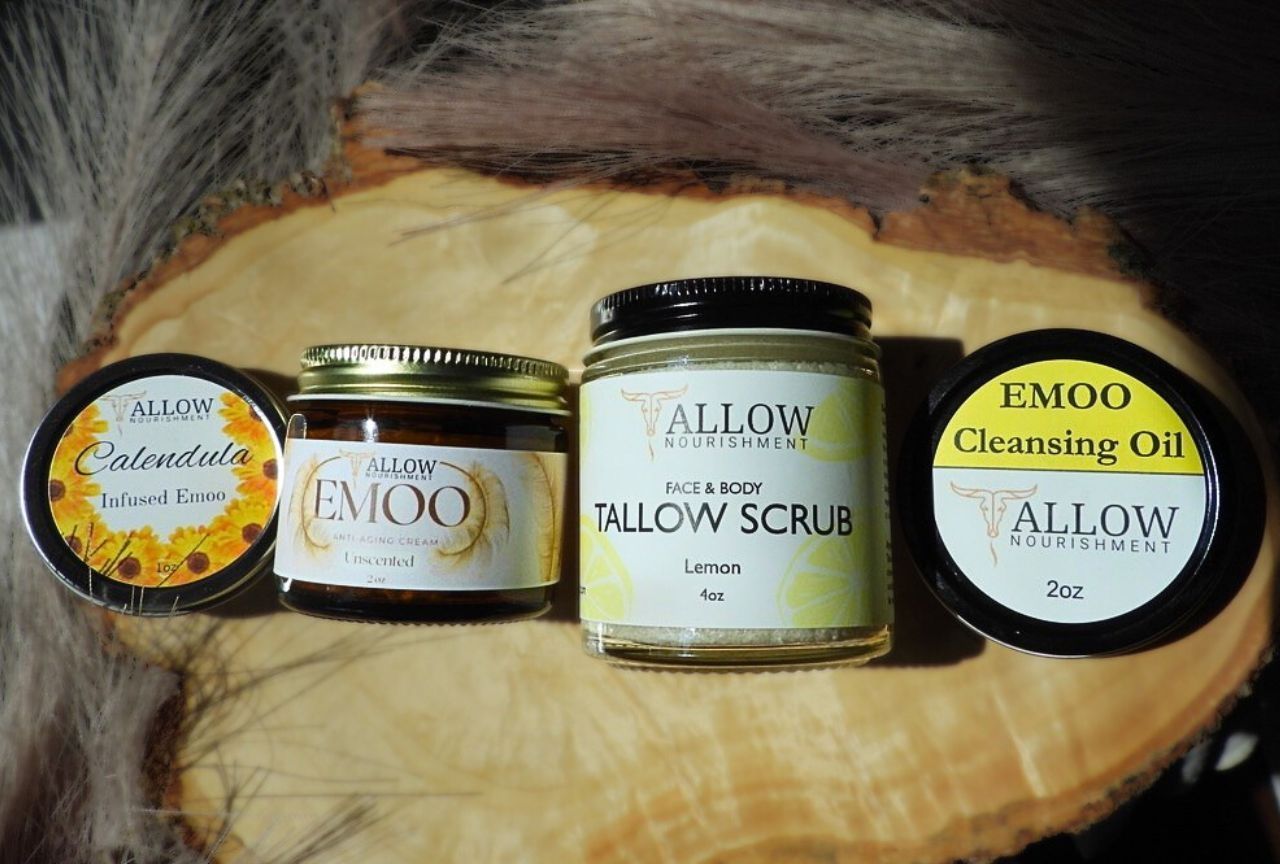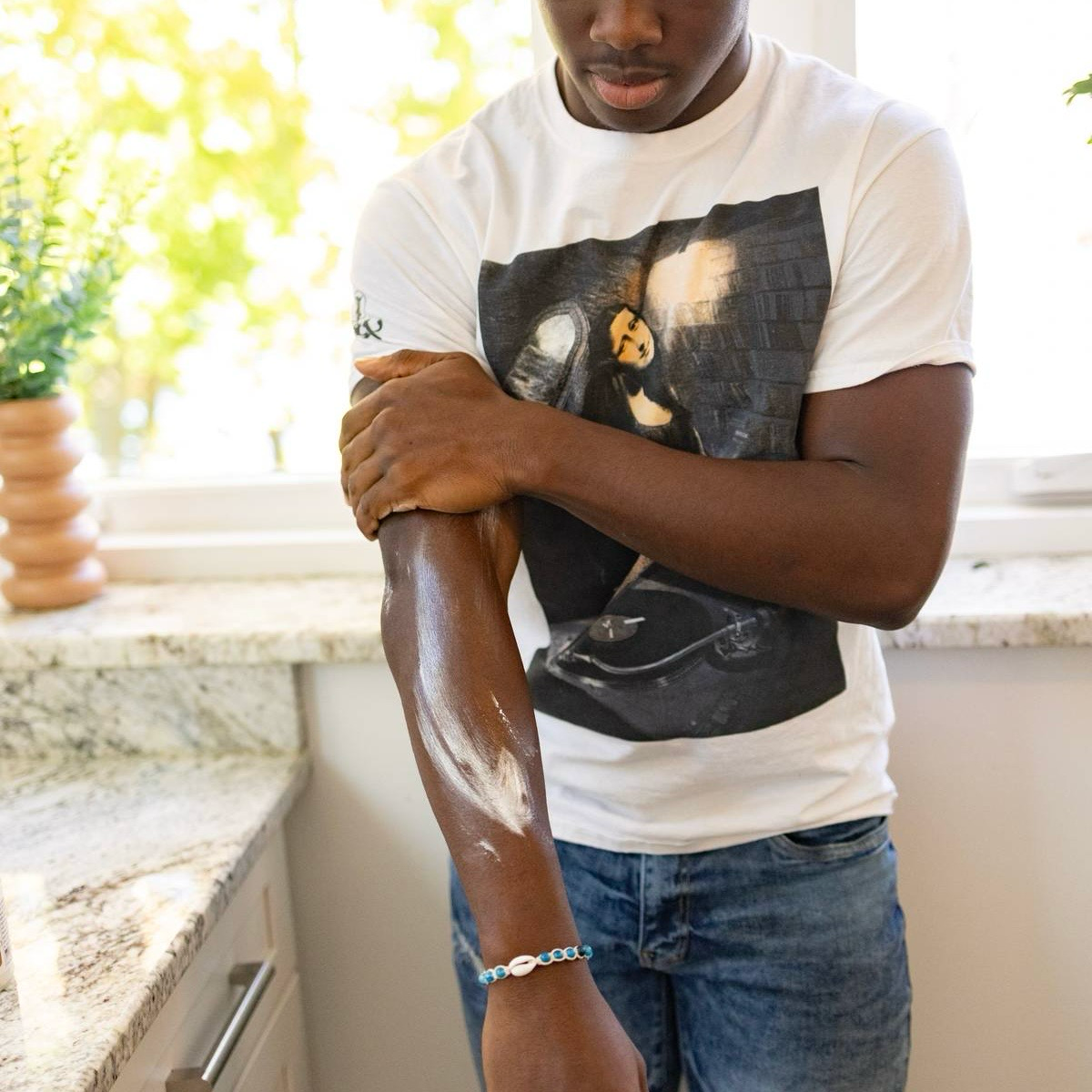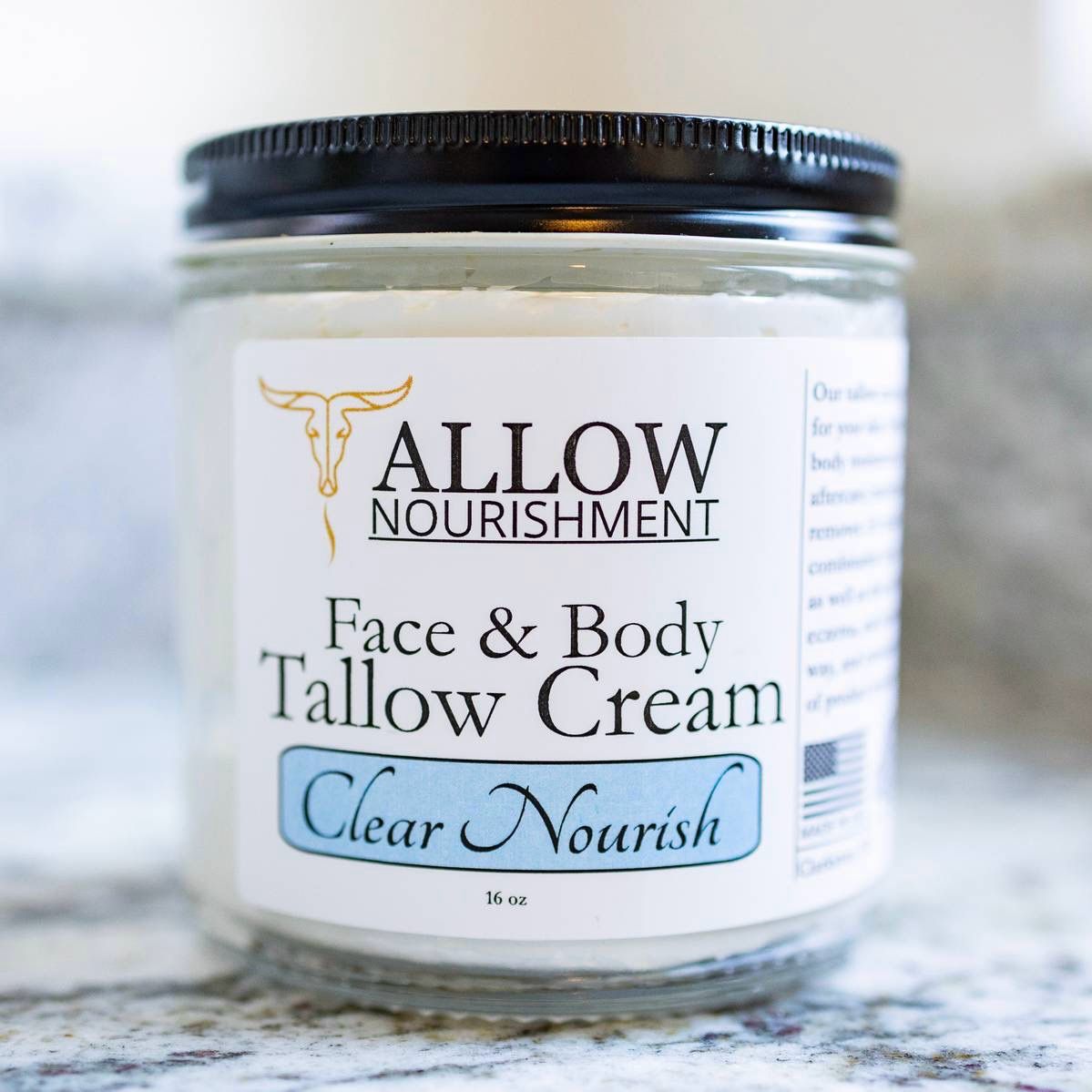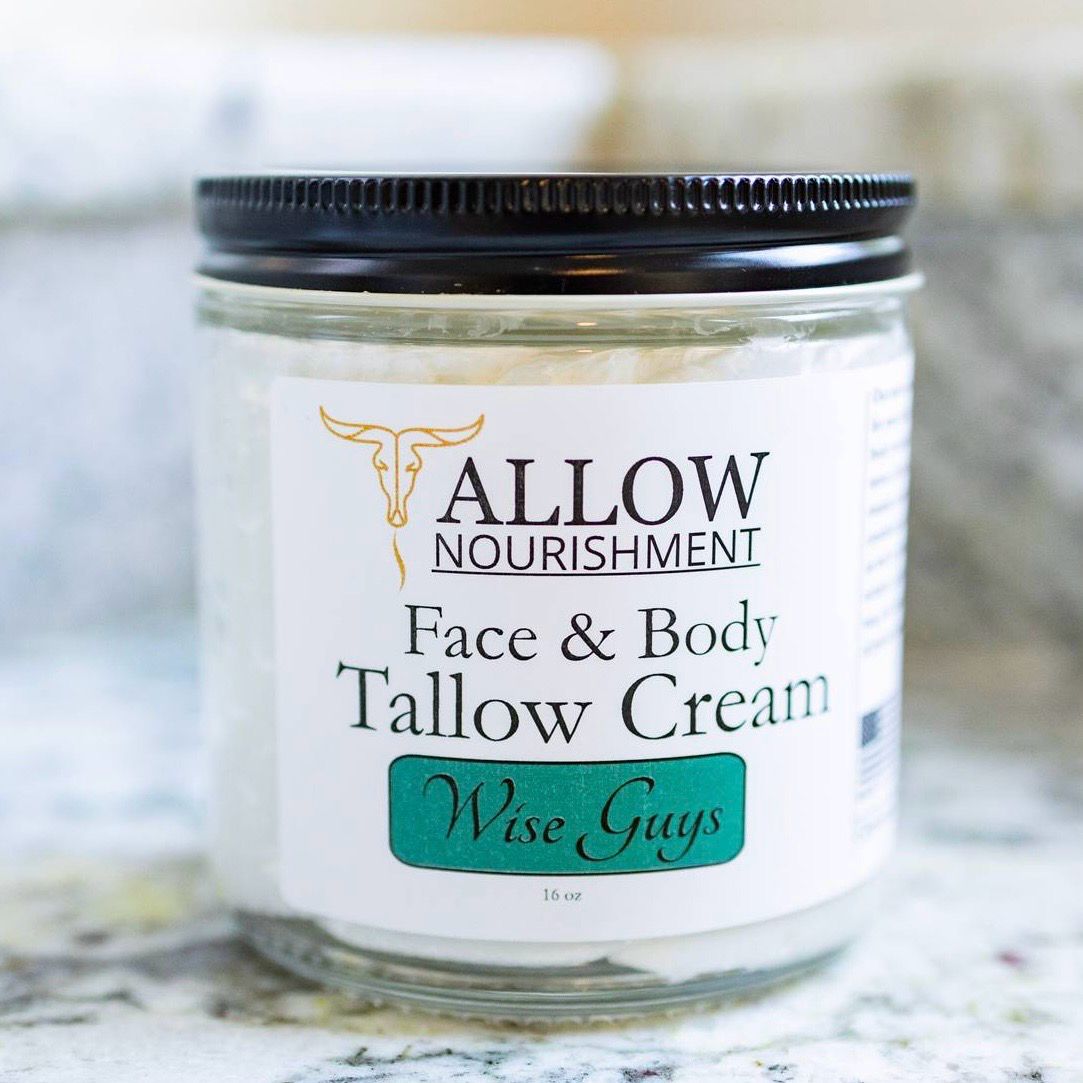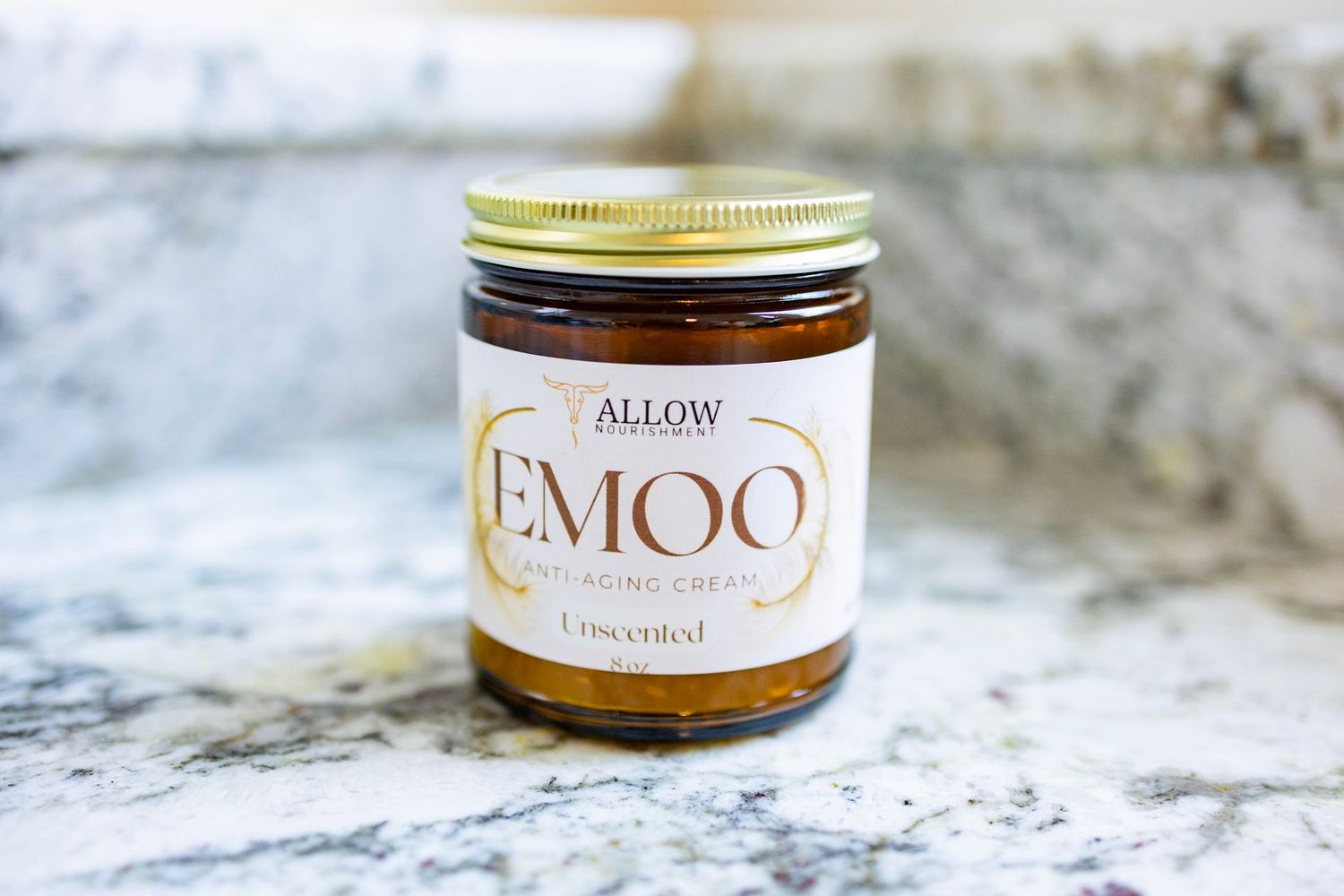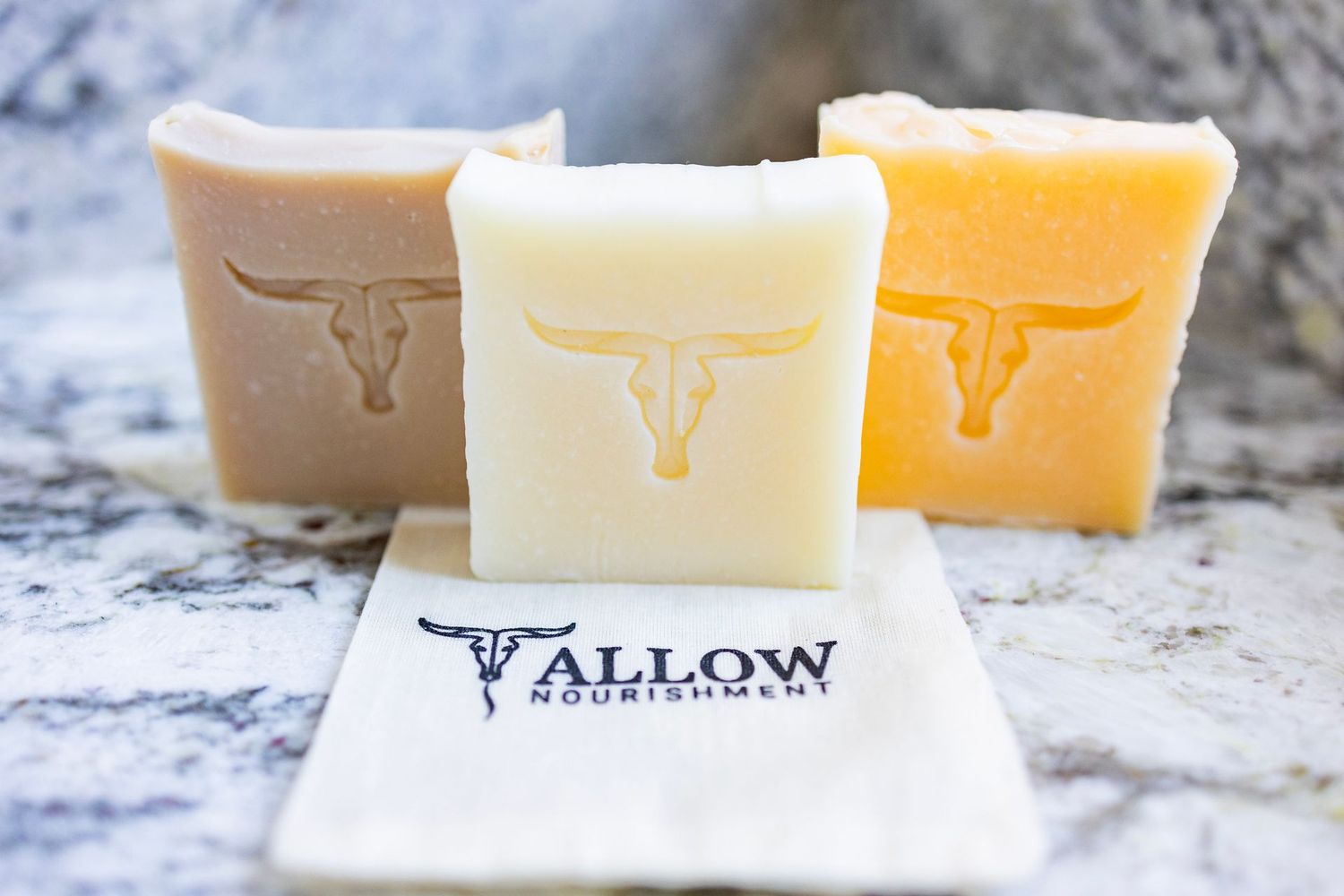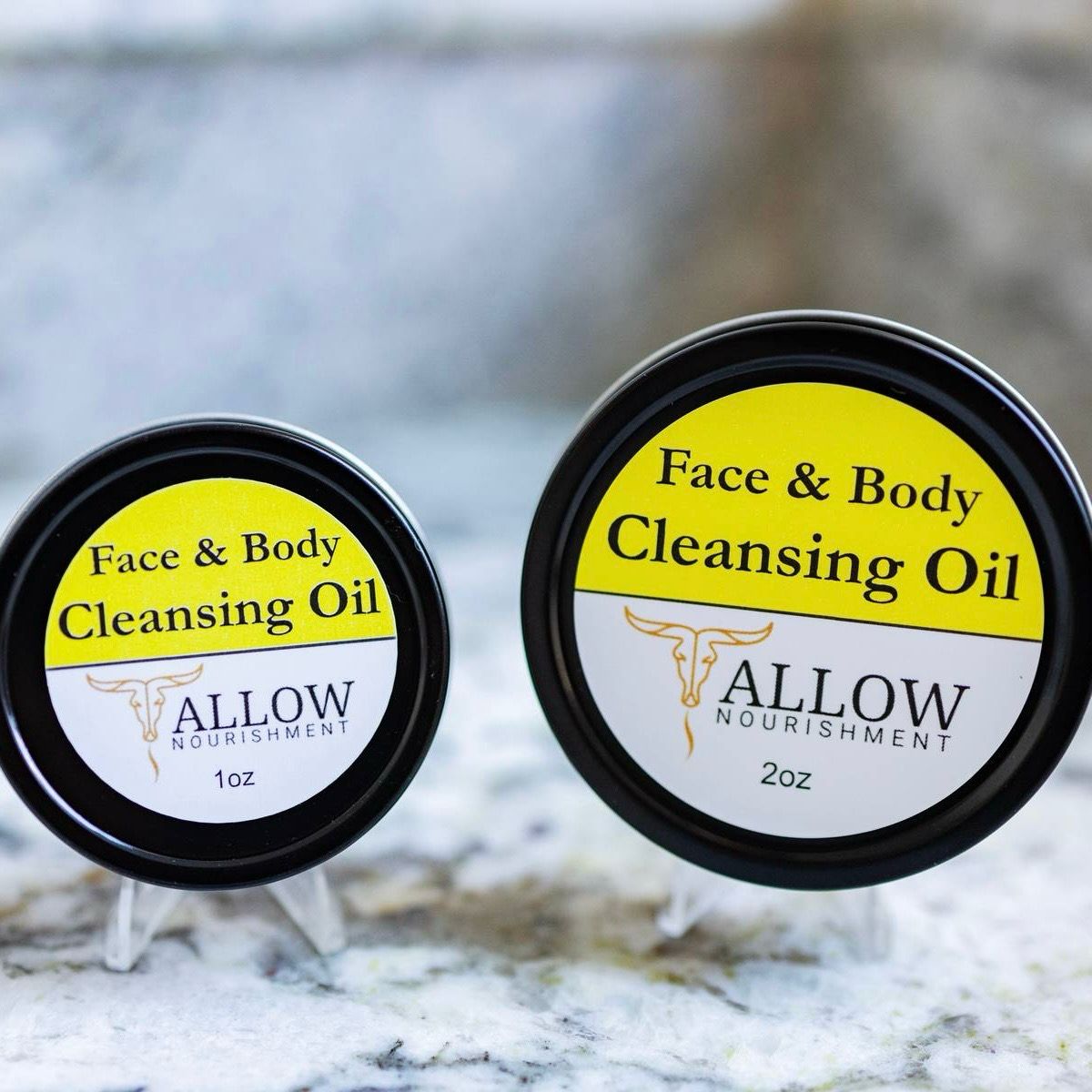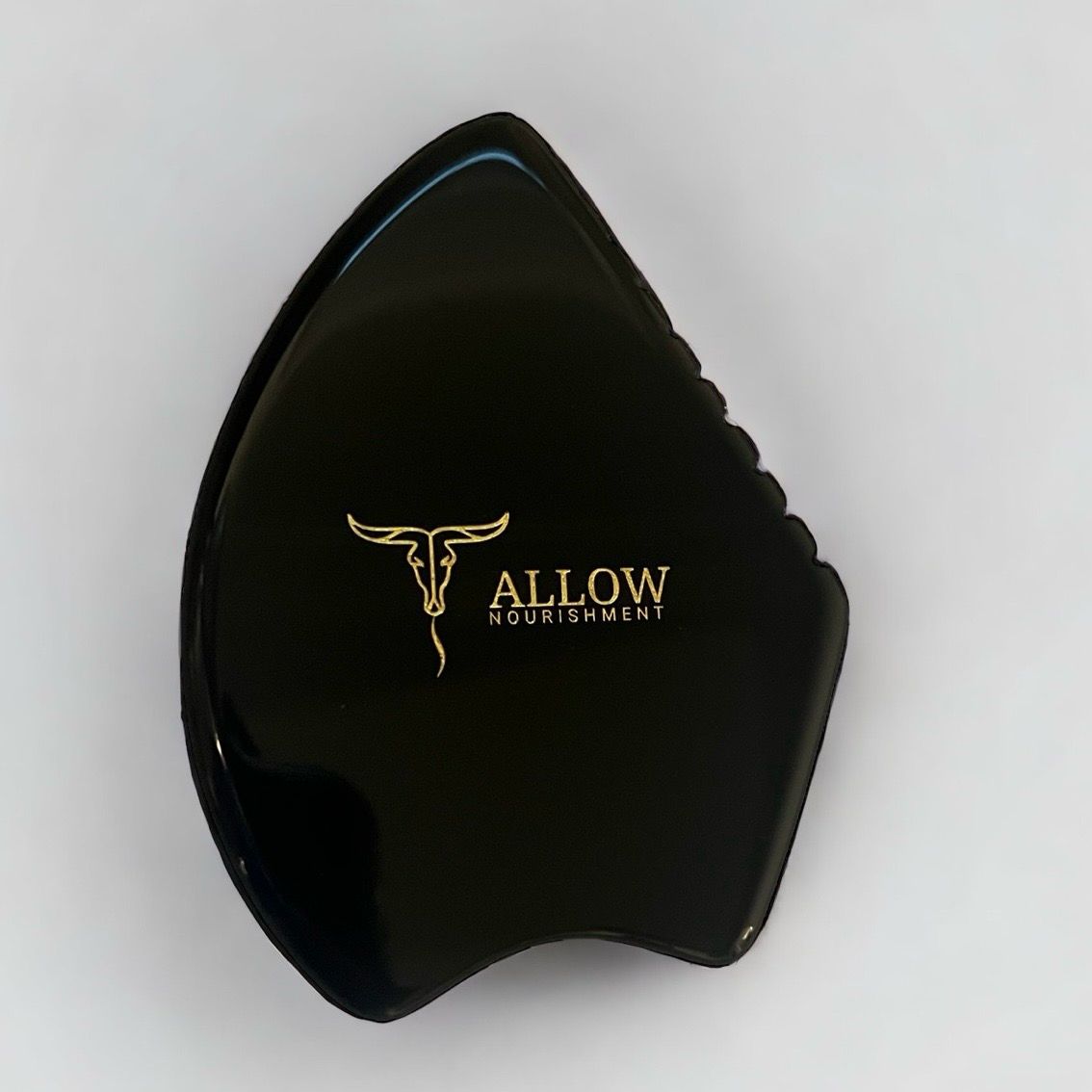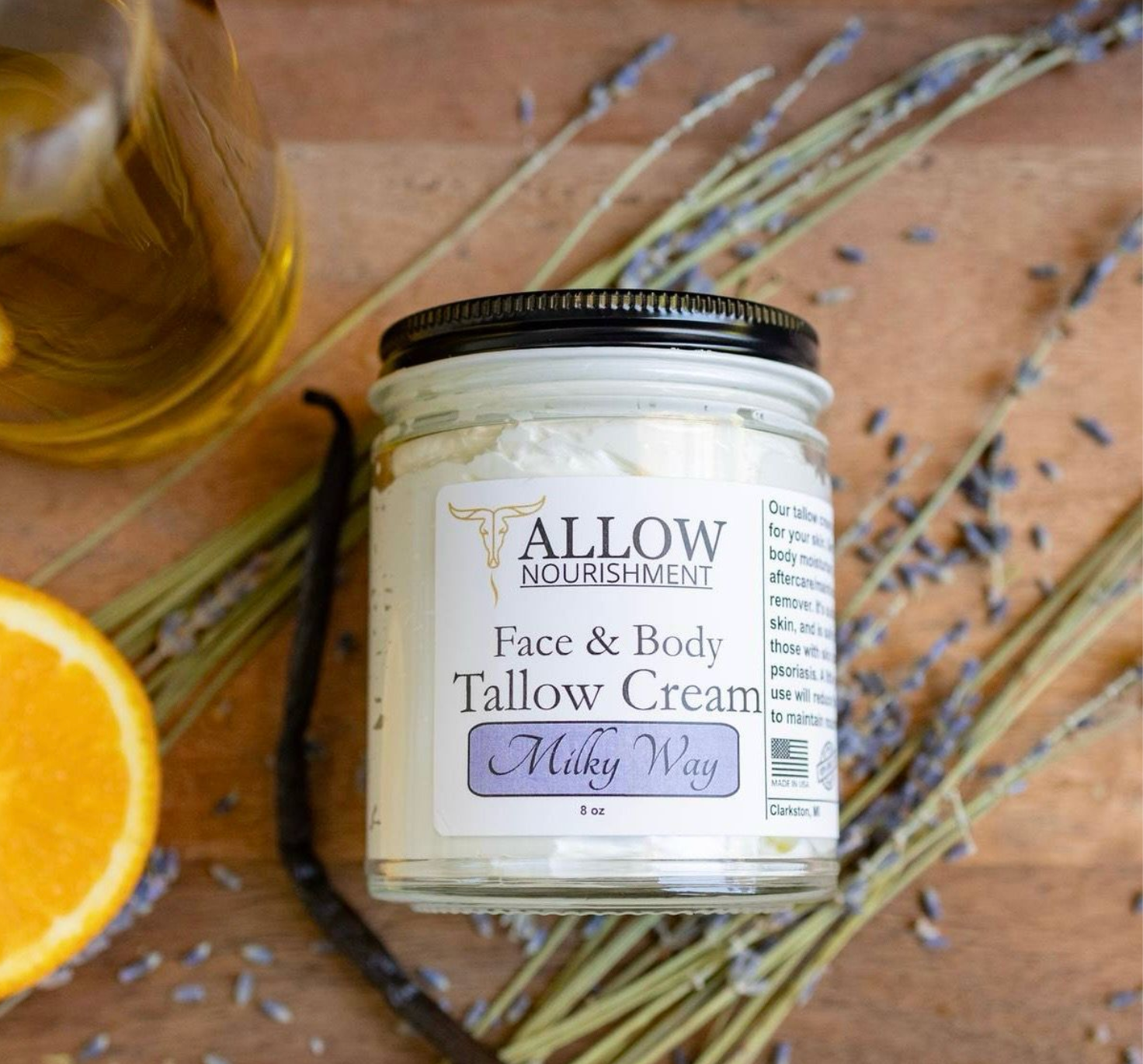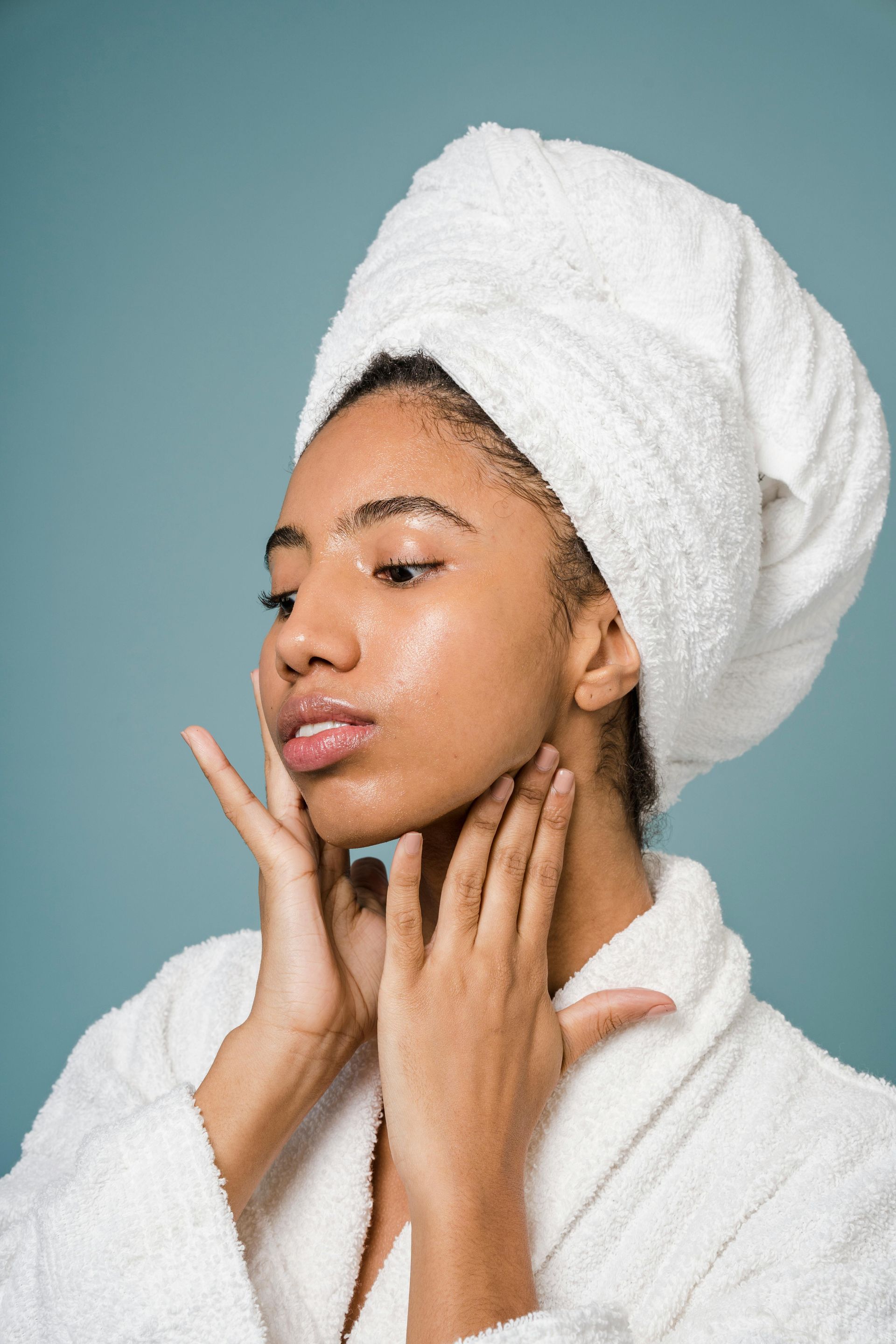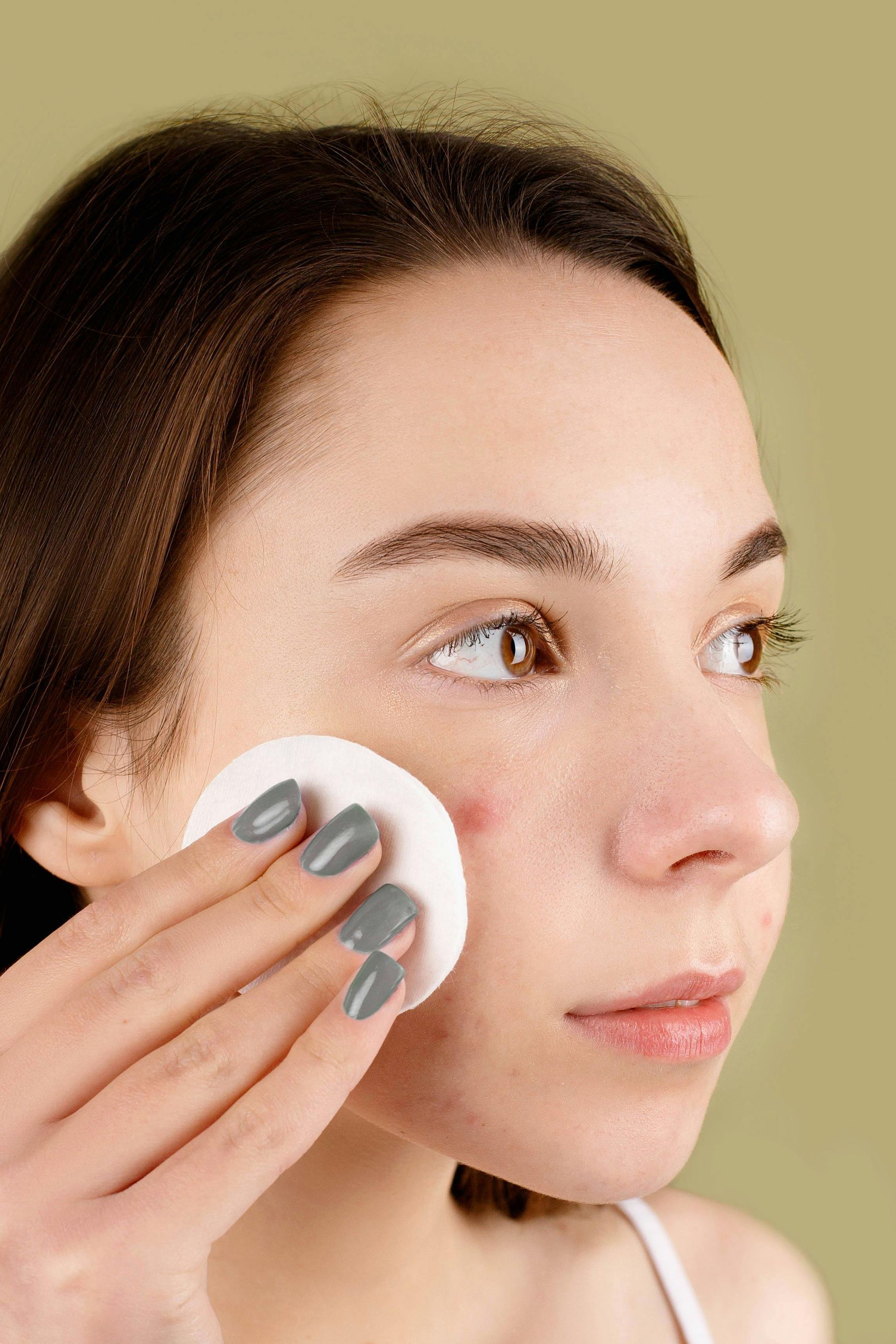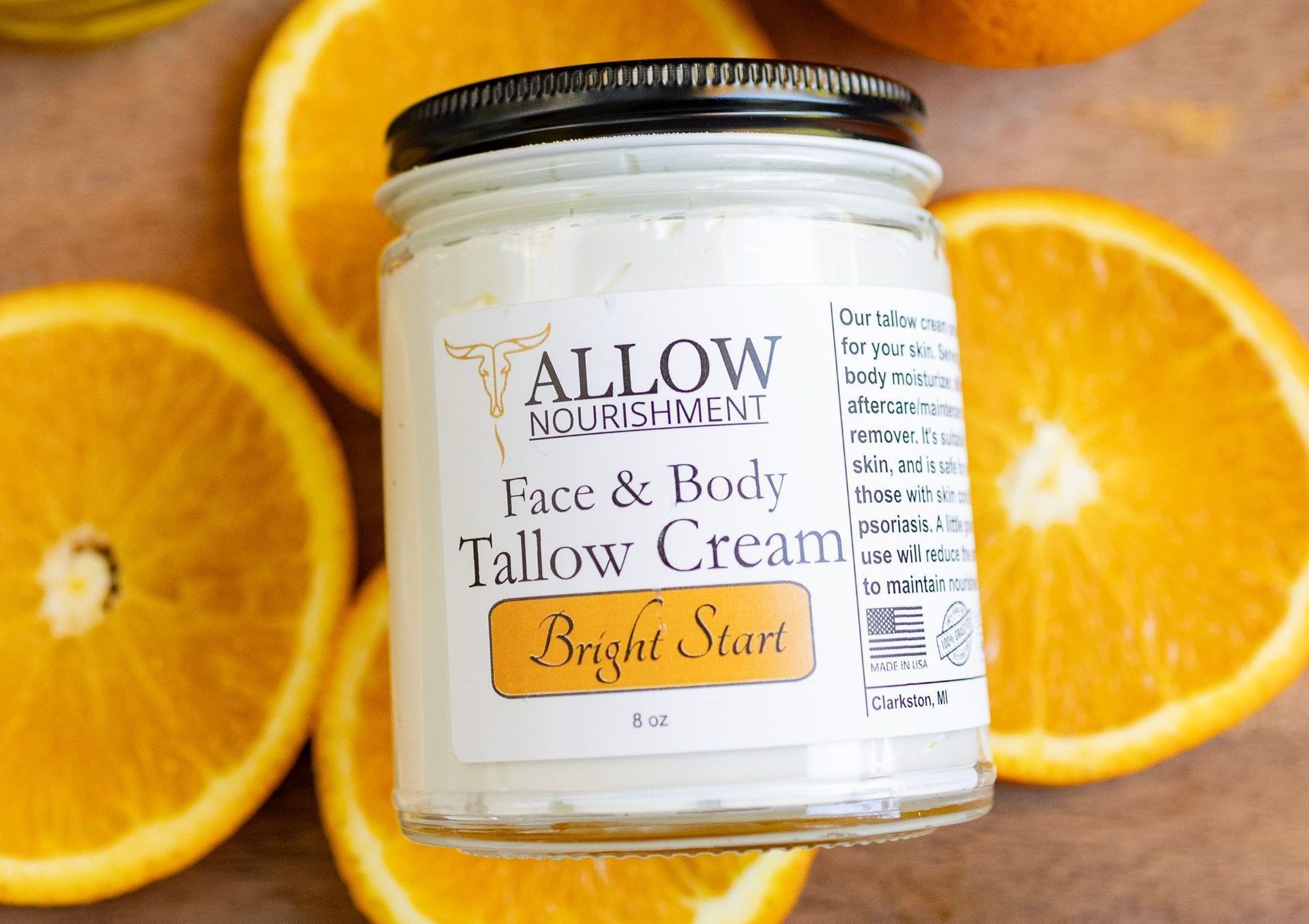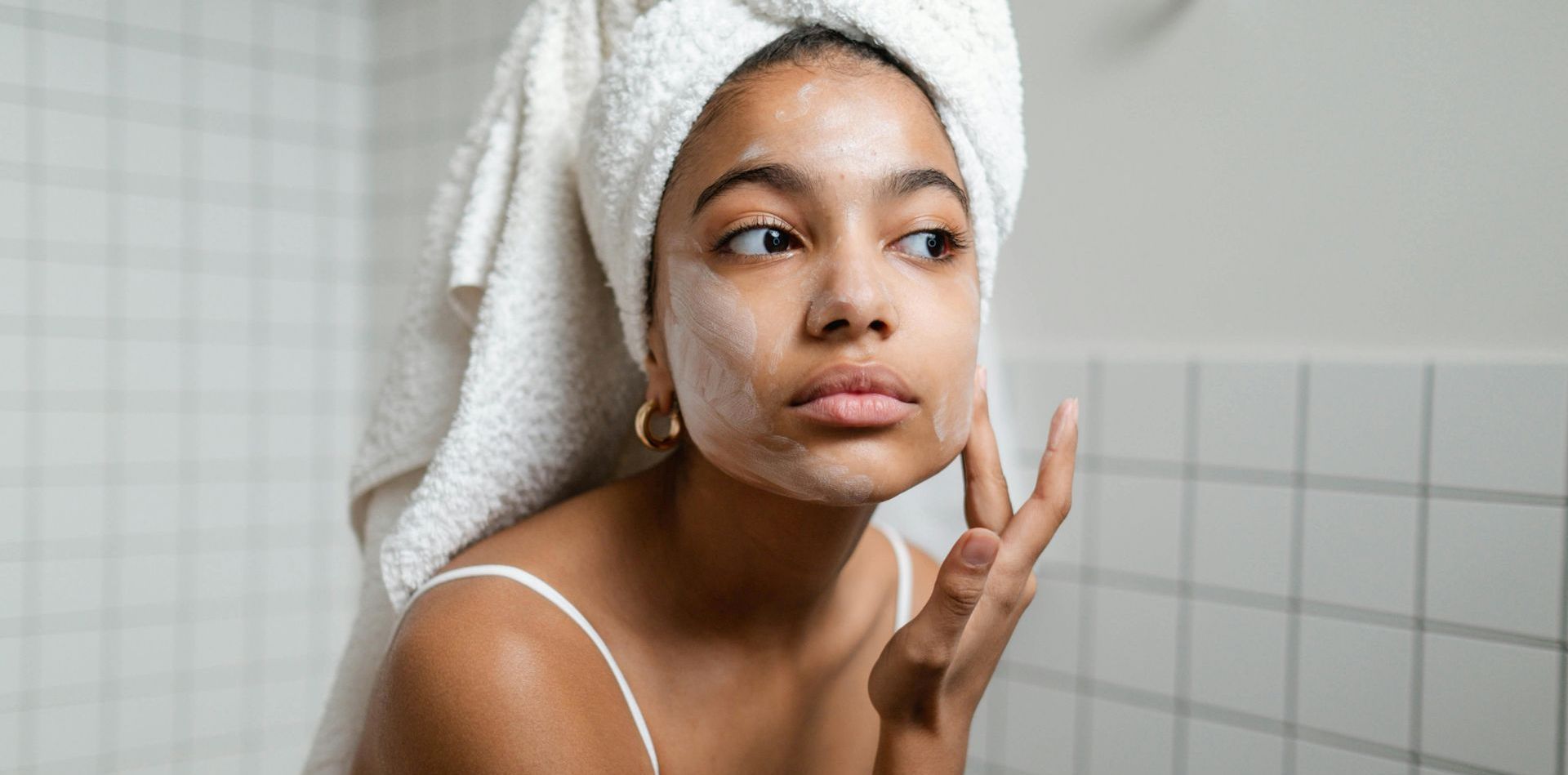Nothing can be more painful and frustrating than dealing with
dry, cracked hands. This preventable condition is usually
caused by dry air, cold weather, or frequent handwashing, while the use of harsh soaps and underlying skin issues like eczema tend to only make skin issues worse.
The solution? Turn to natural products and remedies without added chemicals so you can begin the process of soothing and healing your skin.
Simple lifestyle changes like adding grass-fed tallow-based products rich in vitamins A, D, E, and K into your skincare routine will bring your
dry hands and skin back to life.
Keep reading to learn how to heal your cracked hands naturally!
Key Takeaways
- Frequent handwashing, cold weather, and harsh soaps are common causes of cracked hands. Prevent damage by using mild cleansers and natural cream products to moisturize daily.
- Tallow-based creams, aloe vera gel, olive oil, and oatmeal soaks are natural solutions that help heal dry and cracked skin effectively.
- Wear gloves during cleaning or in cold weather to protect your hands from the damage of drying chemicals or low humidity.
- Eating a balanced diet of foods rich in vitamins A, C, E, and omega-3s and staying hydrated will help your skin stay healthy.
- Hot water can increase skin dryness. When washing your hands, use lukewarm water instead to keep them soft and smooth.
Common Causes of Cracked Hands
Daily habits or your environment are often the culprit behind dry, cracked hands. Making small changes can be the solution to preventing rough and sore skin.
Frequent handwashing
While you may love sanitizing and washing your hands often to stay clean,
frequent handwashing can strip your skin of its
natural oils. Less oils lead to increased dryness, roughness, and more cracking over time. If you are working at a job that requires constant hand washing like nursing or teaching, this will only increase your risk of getting cracked hands.
The best way to ease the wrath of dry skin is by using moisturizing creams immediately after washing hands to protect your skin’s barrier, and lotions with tallow work exceptionally well for very dry skin. Healthcare professional James WD advises patients to avoid harsh soaps and choose mild cleansers instead.
Cold weather and dry air
Cold weather and dry air
are a few other causes of dry hands that can strip moisture from your skin. During the winter in the colder months in
Bloomfield Hills, you'll find that low humidity and wind exposure can dry out your skin even more. The protective layer of your skin may become weakened, leaving your hands rough and cracked.
Hot water can dry out already thirsty skin, so
switch to using lukewarm water instead, especially when washing hands or soaking them. For further protection, you can use a rich moisturizer like a
tallow-based cream to hydrate your rough skin after cleaning or bathing.
Harsh soaps and cleaning products can also contribute to stripping your skin of its natural oils and affect those with particularly sensitive skin. Cleaning products often contain strong chemicals like alcohols or fragrances that may worsen irritated skin and cause further damage.
Frequent use of these types of products can increase the risk of developing additional skin problems like
hand dermatitis or eczema.
Fortunately, it's easy to make the
switch to mild soap or non-soap cleansers to protect your hands. When shopping, look for moisturizing ingredients like lactic acid in your skincare products. Tallow-based moisturizers are another great option to keep on hand for use after washing dishes or using cleaning supplies.
If you must use harsh cleaning products, make sure to wear gloves while cleaning so you don't further dry out your skin.
Underlying skin conditions
In addition to environmental factors,
skin conditions like eczema, psoriasis, and atopic dermatitis can also cause cracked skin on your hands. Dyness, itching, and soreness are common side effects of these skin condtions, while autoimmune disorders like diabetes or lupus can make skin more prone to cracking.
Your mental health can also
worsen symptoms of hand eczema, for example, if you are very stressed out. However, taking steps to manage your stress can help ease the effects. If you are dealing with regular outbreaks, you might consider incorporating natural remedies like the
tallow-based moisturizers
from Allow Nourishment into your routine to further soothe your skin.
Overall, you should prioritize self-care and use natural creams to support your damaged skin while avoiding harsh, chemical filled products.
Natural Remedies to Heal Cracked Hands
Natural remedies may be the solution to transforming your cracked hands into the soft and hydrated skin you desire.
Use natural moisturizers with tallow
Tallow is a natural ingredient, rich in
vitamins A, D, E, and K, that can help restore your skin’s natural barrier, especially when it is derived from from grass-fed sources.
Allow Nourishment's products use grass-fed tallow that
deeply moisturize dry cracked hands.
These nutrients work together to
repair sore hands caused by
cold temperatures or harsh soaps.
Because
tallow mimics your skin's own oils, it absorbs quickly without leaving a greasy feel, unlike other moisturizing lotions. It's also a great solution for the irritation that can be caused by alcohol-based hand sanitizers as well.
For best results during winter time or in a dry climate, you can apply tallow creams daily after washing your hands, or whenever your hands feels dry.
Below, you'll find a few Allow Nourishment creams and balms that can help get you through the winter more comfortably!
Apply aloe vera gel for soothing hydration
Aloe vera gel is another option for
hydrating dry hands. Its
natural properties
ease the discomfort of tight, itchy skin, and
provides soothing relief for irritation.
Using pure aloe vera will lead to the best results. To apply, rub onto clean hands twice a day, while making sure to cover extremely dry areas. You can also combine it with other home remedies like olive oil or oatmeal soaks for an extra boost of hydration.
Soak hands in warm water and oatmeal
After applying aloe vera gel, try soaking your hands in warm water mixed with oatmeal.
Oatmeal naturally softens and soothes
any skin irritation, and its
natural properties fight dryness.
When creating the oatmeal soak, remember to use lukewarm water (not too hot), and add it into a cup of ground oatmeal.
Soak your hands for 10-15 minutes daily in this mixture for best results. Regular soaking will
help to hydrate your skin as well as
ease any
discomfort caused by cracks, dryness,
and irritation.
Massage with olive oil
Olive oil is another vitamin filled home remedy that can help repair your damaged skin naturally.
Rub a few drops of olive oil onto your cracked hands and allow it to soften and hydrate your skin.
Massaging it gently into your hands every night before you sleep, focusing on dry spots and deep cracks. Letting the oils seep into your skin throughout the night will speed up healing. You can also pair it with a
lip balm for added moisture and to reduce chapped, dry skin.
Tips to Prevent Cracked Hands
Taking simple steps to improve your daily habits can help to stop cracks before they start, and keep your skin soft, hydrated, and healthy.
Gloves will be your best friend when it comes to protecting your hands from damage. Wearing cotton or latex gloves when cleaning with harsh soaps or chemicals can help you avoid excess irritation. Wear insulated gloves in the winter or when it's extra cold outside to protect your hands from harsh air and retain moisture.
Experiment with overnight treatments to really lock in moisture during the night. Apply lotion or moisturizers with petroleum jelly like Vaseline before bed, then cover your hands with soft gloves to continue hydrating while you sleep.
Just a few easy steps like these can prevent cracked skin and keep your hands healthy year-round.
Avoid harsh soaps and use mild cleansers
Many traditional soaps contain strong chemicals that strip your skin of its natural oils, making dryness and cracks much worse. As an alternative, look for mild cleansers or non-soap options to reduce creating more skin issues.
Pick cleansers that have added moisturizers like jojoba oil or aloe vera. These ingredients will help keep your hands hydrated while also cleansing your skin, making them great skin care products perfect for sensitive skin.
Stay hydrated and maintain a balanced diet
Make sure to drink plenty of water daily to keep your skin soft and healthy. Your goal should be to
drink at least 8 glasses
every day, especially when the air is dry or cold. Dehydration will increase the risk of getting dry, cracked hands.
Eating a balanced diet will support your overall wellness as well as help to prevent many chronic conditions, so make it a point to eat foods rich in vitamins like A, C, and E, and add in plenty of leafy greens, nuts, and fruits to your meals. Omega-3 fatty acids from sources like fish or flaxseeds will also help repair damaged skin.
Conclusion
Healing and preventing cracked hands naturally is easy if you have the right knowlege and products. Using natural moisturizers like tallow for hydration, Aloe vera for calming irritated skin, while also making a habit of protecting your hands with gloves when using harsh soaps, can make all the difference in helping you achieve softer, healthier skin!
FAQs
1. What causes dry and cracked hands?
Cracked hands can develop from medical conditions like psoriasis flares, athlete’s foot, or skin diseases. Environmental factors and frequent handwashing may also contribute to dry skin issues.
2. Can underlying conditions make cracked hands worse?
Yes, underlying conditions such as eczema or even serious issues like skin cancer can make dry hands worse. Seek medical advice if simple solutions are not improving your skin.
3. Are there natural ways to heal chapped hands?
Yes! You can apply a liquid bandage for small cracks, use thick moisturizers regularly, and create a self-care routine with natural products to improve the feel of your skin.
4. When should I seek medical attention for my cracked hands?
If your skin does not improve with home remedies or you suspect an infection, consult a healthcare provider or dermatologist immediately.
5. Are peer-reviewed studies available on treating dry hands?
Yes, organizations like the Mayo Clinic and the American Academy of Dermatology provide health information based on peer-reviewed studies about treatment plans for various skin issues.
6. Can lifestyle changes help prevent chapped hands?
Absolutely! By avoiding chemical filled soaps, using gloves while cleaning, and hydrating your skin daily, you can easily reduce dryness over time.
Allow Nourishment Featured
Tallow Tribe Favorites
More Posts
